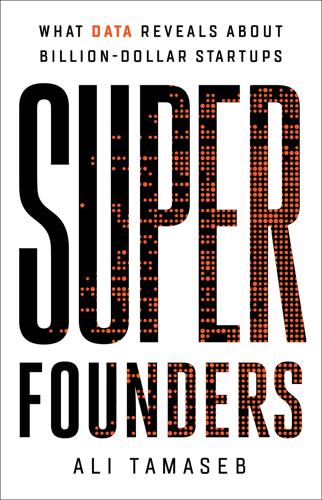
Super Founders: What Data Reveals About Billion-Dollar Startups
by Ali Tamaseb · 14 Sep 2021 · 251pp · 80,831 words
to develop the complicated back-end systems required for ridesharing. On the other side, Coinbase, an early cryptocurrency exchange, was started by two technical founders. Brian Armstrong and Fred Ehrsam had both studied computer science and economics as undergraduates; Armstrong would go on to get a master’s degree in computer science
…
a great market, market wins. When a great team meets a great market, something special happens. —ANDY RACHLEFF, FOUNDER OF BENCHMARK CAPITAL AND WEALTHFRONT When Brian Armstrong and Fred Ehrsam founded Coinbase in 2012, “cryptocurrency” had yet to enter the popular lexicon. Bitcoin, the first modern cryptocurrency, had been invented just four
…
, December 17, 2013, www.youtube.com/watch?v=ZwG1roO70co. 2. Alexia Tsotsis and John Biggs, “Coinbase’s Brian Armstrong,” video, May 22, 2013, https://techcrunch.com/video/coinbases-brian-armstrong/. CHAPTER 10: MARKET TIMING 1. Paul A. Gompers et al., “How Do Venture Capitalists Make Decisions?,” Journal of Financial Economics 135, no. 1 (2020
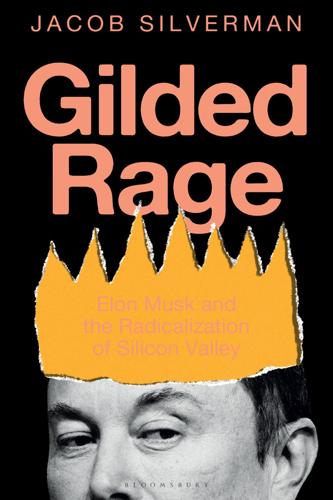
Gilded Rage: Elon Musk and the Radicalization of Silicon Valley
by Jacob Silverman · 9 Oct 2025 · 312pp · 103,645 words
earlier by the now-imprisoned Bankman-Fried. Coinbase, which had previously tried to rally its customers against crypto-skeptical politicians, led the charge. Its CEO Brian Armstrong posted a photo of himself in the Capitol, declaring: “I met with more than a dozen Dem and GOP Senators in DC over the last
…
swing states. The shows were sponsored by the Stand with Crypto Alliance PAC, which was launched by Coinbase, the publicly traded crypto exchange whose CEO Brian Armstrong had become a Capitol Hill regular. Stand with Crypto graded politicians according to their crypto friendliness and directed donations accordingly. Bernie Moreno received about $40
…
://x.com/rsalame7926/status/1820503301949198502 28 https://www.citizen.org/news/new-complaint-to-fec-alleges-coinbase-violated-campaign-finance-laws/ 29 https://x.com/brian_armstrong/status/1801011098176405598 30 https://www.reuters.com/technology/cybersecurity/north-korea-laundered-1475-mln-stolen-crypto-march-say-un-experts-2024-05-14/ 31 https
…
/story/turmoil-black-lives-matter-political-speech-coinbase/ 32 https://www.wired.com/story/turmoil-black-lives-matter-political-speech-coinbase/ 33 https://x.com/brian_armstrong/status/1268622377182621696 34 https://www.motherjones.com/politics/2023/03/coinbase-racism/ 35 https://www.coinbase.com/blog/coinbase-is-a-mission-focused-company 36
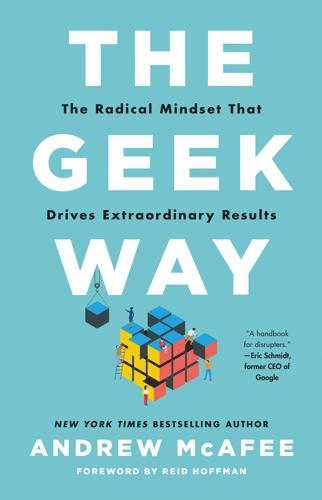
The Geek Way: The Radical Mindset That Drives Extraordinary Results
by Andrew McAfee · 14 Nov 2023 · 381pp · 113,173 words
tension between their goals and those of individuals and coalitions. This tension has absolutely cropped up at Silicon Valley tech companies. In September of 2020, Brian Armstrong, the CEO of the cryptocurrency exchange Coinbase, wrote a blog post about a gap he perceived between his company’s goals and the interests of
…
Is Driving Human Evolution, Domesticating Our Species, and Making Us Smarter (Princeton, NJ: Princeton University Press, 2016), loc. 3353, Kindle. 22 wrote a blog post: Brian Armstrong, “Coinbase Is a Mission Focused Company,” Coinbase (blog), September 29, 2018, www.coinbase.com/blog/coinbase-is-a-mission-focused-company. 23 More than one
…
,” The Verge, May 3, 2021, www.theverge.com/2021/5/3/22418208/basecamp-all-hands-meeting-employee-resignations-buyouts-implosion. 24 made the right decision: Brian Armstrong (@brian_armstrong), “1/ Wanted to share some thoughts on the recent Coinbase story around our mission,” Twitter, 8:01 p.m., September 30, 2021, https://twitter.com
…
/brian_armstrong/status/1443727729476530178. 25 “lumbering bureaucracy”: Kevin Roose, “The Metaverse Is Mark Zuckerberg’s Escape Hatch,” New York Times, October 29, 2021, www.nytimes.com/2021/
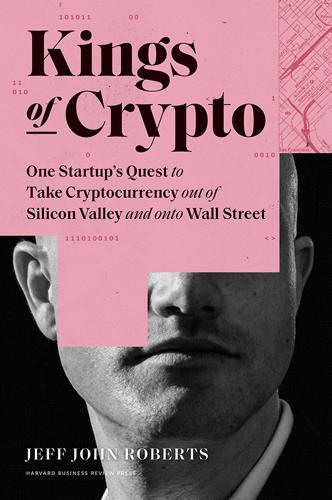
Kings of Crypto: One Startup's Quest to Take Cryptocurrency Out of Silicon Valley and Onto Wall Street
by Jeff John Roberts · 15 Dec 2020 · 226pp · 65,516 words
hands includes more recent news surrounding Coinbase and corrects several minor errors. PART ONE * * * From Open Secret to Civil War 1 Brian Has a Secret Brian Armstrong stepped out of his car, felt soft California sunshine on his bald head, and smelled eucalyptus. He gazed at the façade of Y Combinator: the
…
trying hard not to be shady. The company was based in California, not overseas, and you could see who was running it: a guy named Brian Armstrong, whom you could Google, and who talked about things like compliance and regulation. Those were dirty words to the antigovernment zealots who had helped bitcoin
…
. But while Silicon Valley gossips have speculated for years that Facebook has tried to acquire Coinbase, the rumors are false—Facebook never even inquired, and Brian Armstrong and Mark Zuckerberg have never met. When it came to Project Libra, the plan was for Coinbase to be just one of a hundred or
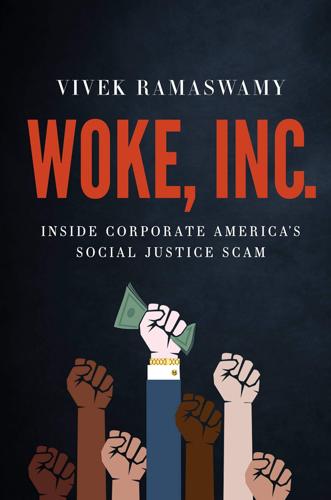
Woke, Inc: Inside Corporate America's Social Justice Scam
by Vivek Ramaswamy · 16 Aug 2021 · 344pp · 104,522 words
recent example is Coinbase, which faced the question of what kind of company it was last June when a group of employees demanded that CEO Brian Armstrong make a public statement in support of Black Lives Matter.23 It was a situation similar to the one I faced at Roivant. But at
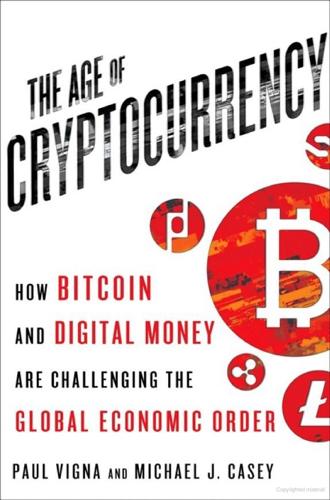
The Age of Cryptocurrency: How Bitcoin and Digital Money Are Challenging the Global Economic Order
by Paul Vigna and Michael J. Casey · 27 Jan 2015 · 457pp · 128,838 words
, he said, maybe fifteen or twenty people. But the people attending would go on to become big names in the bitcoin world: Among them were Brian Armstrong and Fred Ehrsam, the founders of Coinbase, which is second only to Blockchain as a leader in digital-wallet services and one of the biggest
…
-graduated Draper founded Enders Fund, a project designed to finance the development of mobile-phone games. In June 2012, after a meeting with Coinbase’s Brian Armstrong opened his eyes to the enthusiasm of its community, Draper set up the venture that would launch him into the world of bitcoin: Boost, a
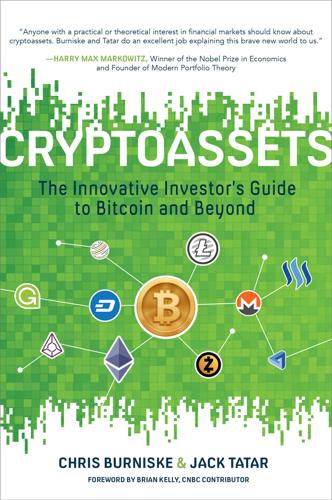
Cryptoassets: The Innovative Investor's Guide to Bitcoin and Beyond: The Innovative Investor's Guide to Bitcoin and Beyond
by Chris Burniske and Jack Tatar · 19 Oct 2017 · 416pp · 106,532 words
80 percent of a fixed supply of 11 million REP. In so doing, it raised over $5 million to fund the creation of the platform. Brian Armstrong, CEO of Coinbase, which is one of the largest companies in the cryptoasset sector, has called it an “awesome project with huge potential.”36 Even
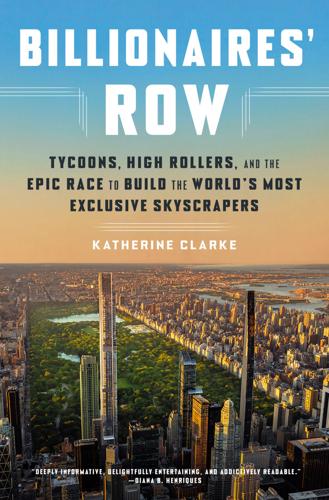
Billionaires' Row: Tycoons, High Rollers, and the Epic Race to Build the World's Most Exclusive Skyscrapers
by Katherine Clarke · 13 Jun 2023 · 454pp · 127,319 words
new class of billionaires. They included known entities like the Winklevoss twins, best known as Mark Zuckerberg’s college nemeses, as well as newcomers like Brian Armstrong and Fred Ehrsam, who had founded the cryptocurrency exchange Coinbase, and Sam Bankman-Fried, the now disgraced creator of the competing exchange FTX. At 111

Character Limit: How Elon Musk Destroyed Twitter
by Kate Conger and Ryan Mac · 17 Sep 2024
for crypto money. Even without Bankman-Fried, he saw plenty of opportunity in the FTX head’s crypto contemporaries. Morgan Stanley pitched the deal to Brian Armstrong, the chief executive of Coinbase, and to the Web3 Foundation, an organization that sought to develop other decentralized digital currencies beyond Bitcoin. But it was
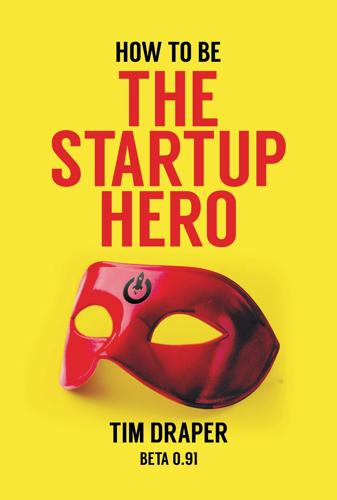
How to Be the Startup Hero: A Guide and Textbook for Entrepreneurs and Aspiring Entrepreneurs
by Tim Draper · 18 Dec 2017 · 302pp · 95,965 words
Rosenblatt of Myspace, Chad Hurley of YouTube, Tom Seibel of Seibel Systems, Jenny Johnson of Franklin Fund, Aaron Levie of Box, Eric Migicovsky of Pebble, Brian Armstrong of Coinbase, and Peter Gotcher of Digidesign and Dolby have all come to do fireside chats at the BizWorld luncheon. Ironically, none of them seemed
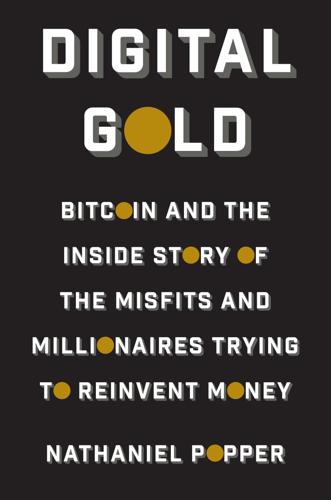
Digital Gold: Bitcoin and the Inside Story of the Misfits and Millionaires Trying to Reinvent Money
by Nathaniel Popper · 18 May 2015 · 387pp · 112,868 words
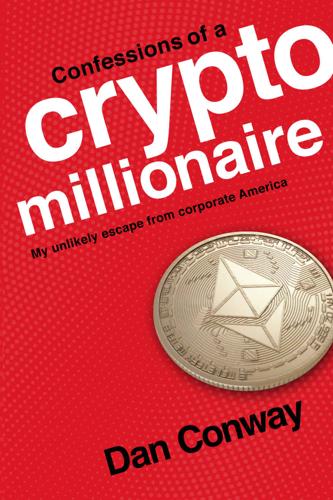
Confessions of a Crypto Millionaire: My Unlikely Escape From Corporate America
by Dan Conway · 8 Sep 2019 · 218pp · 68,648 words
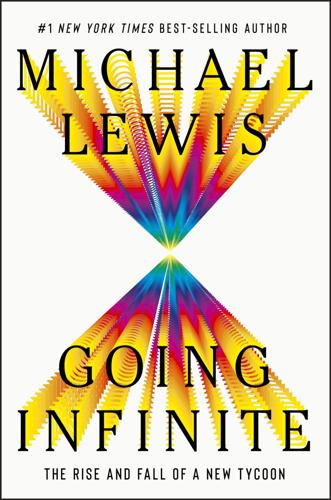
Going Infinite: The Rise and Fall of a New Tycoon
by Michael Lewis · 2 Oct 2023 · 263pp · 92,618 words
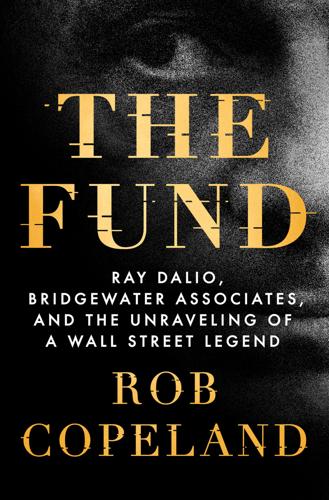
The Fund: Ray Dalio, Bridgewater Associates, and the Unraveling of a Wall Street Legend
by Rob Copeland · 7 Nov 2023 · 412pp · 122,655 words